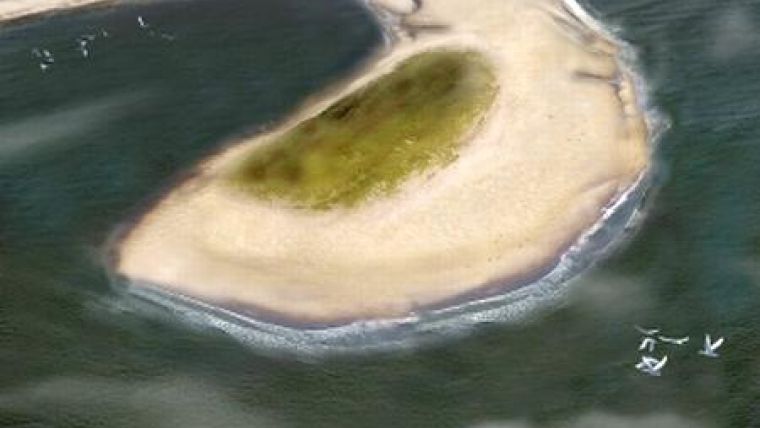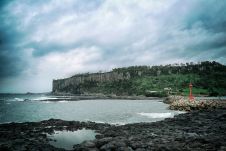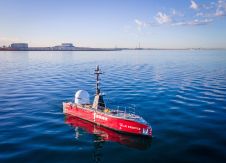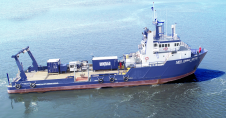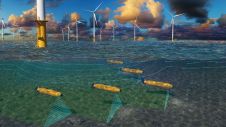Sand-engine to Protect against UK Coastal Erosion
The UK’s first investigation into the use of beach-widening to reduce coastal flooding and erosion is being led by the National Oceanography Centre (NOC) in partnership with the University of Liverpool. According to the leader of the project, Dr Jenny Brown from the NOC, rising sea levels and the expansion of built-up areas around the coast are causing beaches to become ‘squeezed’ into thinner strips.
By assessing the possibility of protecting coastlines using wider beaches, the aim is to help coastal authorities better understand the changing vulnerability of more natural approaches to coastal defence.
It is thought that wider beaches could reduce the impact of waves on costal defences by causing them to break further offshore, in addition to offering protection from erosion. The Dutch refer to this method as the ‘Zandmotor’, or ‘sand-engine’ and have been using it since 2011.
To investigate whether this method could effectively be used in the UK, this project is using computer models to simulate how waves and currents move beach sediment along the Dungeness coastline, in Kent, over a decade.
Prof Andy Plater from The University of Liverpool has worked closely with the Crown Estate in developing their ‘Sand-scaping’ approach to reducing coastal erosion and flood risk through large-scale beach feeding. This offers additional benefits in terms of habitat creation and environments that may provide a catalyst for economic development. This strategic thinking is a step to increasing the resilience of the UK coastal settlement and industry to storms and sea-level rise.
This project forms part of the NOC’s ongoing research into coastal flooding, which aims to translate scientific knowledge into economic and societal benefits by providing the best available evidence for decisions, in this case for coastal defence. Other partners included the British Geological Survey, Crown Estate, the Cardigan Bay Coastal Group, Royal Haskoning DHV, the Environment Agency, Natural England and National Grid. It was funded by the Natural Environment Research Council (NERC) through a programme to support knowledge exchange between research and the commercial practises.

Value staying current with hydrography?
Stay on the map with our expertly curated newsletters.
We provide educational insights, industry updates, and inspiring stories from the world of hydrography to help you learn, grow, and navigate your field with confidence. Don't miss out - subscribe today and ensure you're always informed, educated, and inspired by the latest in hydrographic technology and research.
Choose your newsletter(s)
